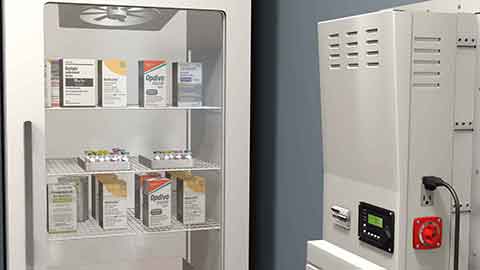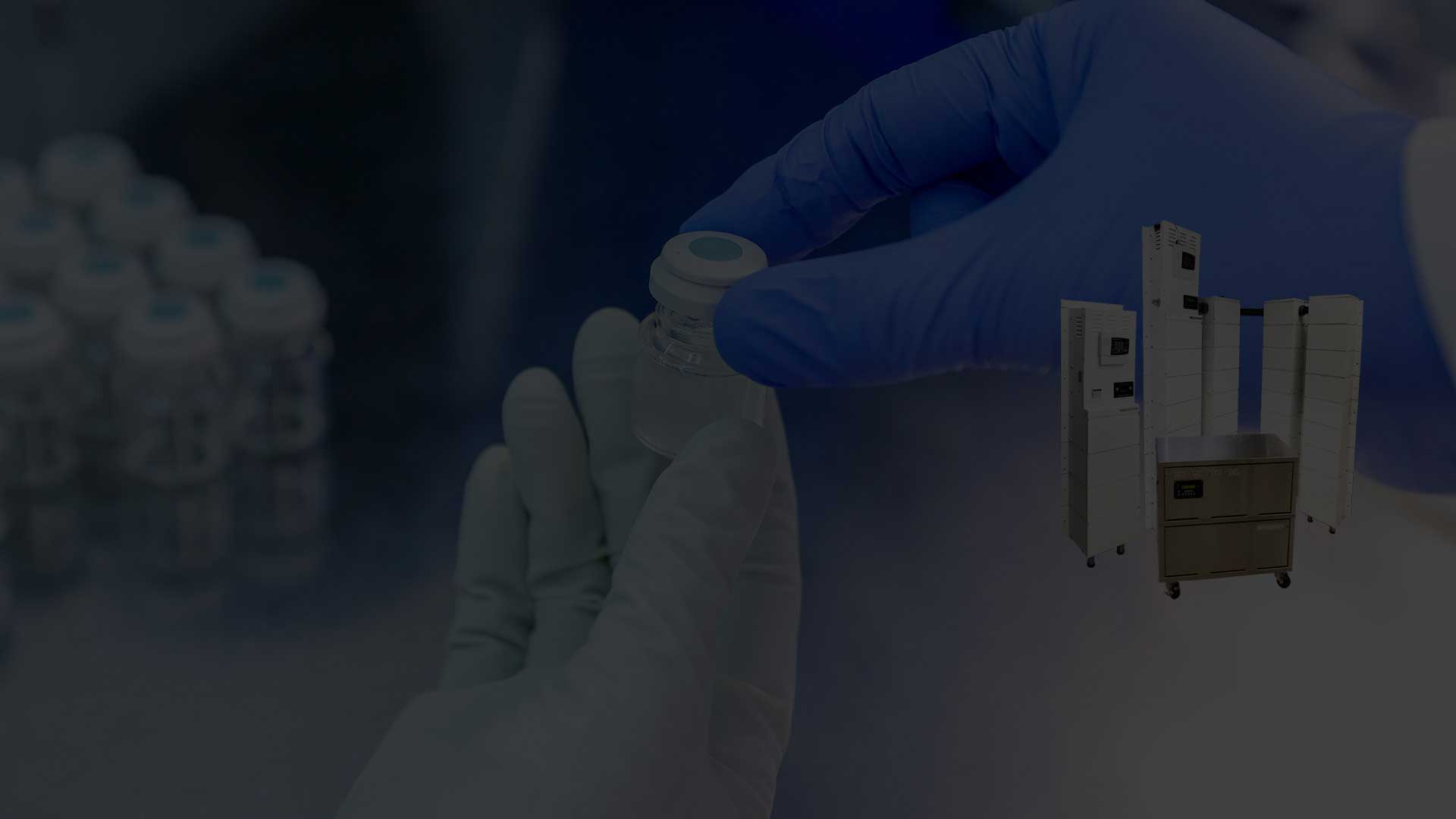Office Based Surgery Accreditation
Office-based surgery accreditation is non-negotiable for any practice intending to practice office-based surgery (OBS). "Office-based surgery" refers to any surgical procedure performed by a licensed physician in an office setting, requiring some degree of sedation.
Office-based surgery accreditation laws mandate that facilities other than hospitals that will perform invasive surgical procedures requiring more than mild sedation be accredited. The standards include but are not limited to patient safety, cleanliness of the facility, and integrity of the medical teams.
When Is Accreditation Required?
As we defined above, office-based surgery is any surgical procedure performed by a licensed physician in the office setting, requiring some degree of sedation. According to the American Society of Anesthesiologists (ASA), there are different levels of sedation, and they are:
- Minimal Sedation (Level 1): At this level of sedation, patients will still respond typically to verbal commands, though their cognitive function and physical coordination may be impaired.
- Moderate Sedation (Level 2) : At this level, patients exist in a drug-induced depression of their consciousness but are able to respond purposefully to verbal commands, either alone or due to light physical stimulation.
- Deep Sedation (Level 3): Here, patients exist in a drug-induced depression from which they cannot be easily aroused but have to be purposefully aroused through repeated or painful stimulation.
- General Sedation (Level 4): At this level, patients exist in a drug-induced loss of consciousness from which they can’t be aroused, even by painful stimulation.
Every state has their own laws regarding office-based surgery. However, most states require any facility that employs anesthesia beyond level 1 must be accredited by a relevant agency.
Who Are The Office-Based Surgery Accreditation Bodies?
The Department of Health designated three major agencies for office-based surgery accreditation, and they are:
- The AAAHC (Accreditation Association for Ambulatory Health Care)
- The AAAASF (American Association for Accreditation of Ambulatory Surgery Facilities)
- JCAHO (Joint Commission on Accreditation of Healthcare Organizations)
The choice of accreditation agency usually depends on the type of surgical center. For hospitals and nursing homes, JCAHO grants accreditation, and they only do so if Medicare standards are met. For ambulatory surgery centers and office-based surgery centers, the AAAHC or AAAASF grant accreditation more commonly, as they both accept non-Medicare applications as well.
States also have regulations for surgical services performed in an office-based practice, and they vary by state, though some states share similar criteria. Before a physician’s office can perform invasive procedures, they must meet these criteria.
AAAHC and JCAHO typically require that practices seeking accreditation be licensed in the state, meaning they have to meet all criteria set forth by the state in which they are practicing. However, the AAAASF has no such requirement, which is why office-based practices prefer to use AAAASF when seeking accreditation.
What Is Inspected During Office-Based Surgery Accreditation?
Public health law requires that facilities performing office-based surgery be accredited by one of the agencies designated by the Department of Health. These agencies evaluate and survey multiple aspects of these facilities before considering them for accreditation. The aspects typically considered include, but are not limited to:
- The practice’s legal structure
- The education, training, and licensure of physicians on staff
- The policies, procedures, and protocols the facility uses to care for patients
- The physical plant and equipment used to care for patients
- The size and state of procedure rooms
- The presence of soiled and clean utility space
- Their adherence to the standards for pre-op and recovery
- Their sterilization facilities
- Their emergency power
- Their medical gases and vacuum
Reasons For Office-Based Surgery Accreditation
The first and perhaps, most important reason for getting accredited is that many states now make it mandatory for facilities to get accredited by at least one of the relevant agencies. This is especially the case for office-based surgery facilities since they cannot get Medicare Certification.
Aside from it being mandatory, getting accredited by one of these agencies is a huge asset for any facility. It places them in a positive light with prospective patients as the presence of an accreditation certificate gives patients the confidence that they are in good hands.
Additionally, an accredited facility’s physicians and healthcare practitioners benefit from the accreditation. It gives them access to a network of qualified professionals to share current and trending methods and practices.
Backup Power for Office-Based Surgery Accreditation
Seeing as an emergency power supply is one of the requirements for accreditation, a battery-powered alternate power source will help boost your chances of getting your office-based surgery accreditation.
Medi-Products has been designing backup power solutions for office-based and ambulatory surgery centers for years, and have pre-sized models for the following practice types:
- Cosmetic Surgery Battery Backup
- Vascular Surgery Battery Backup
- Pain Management Battery Backup
- OB/GYN Battery Backup
- GI Medicine Battery Backup
So we know what we are about when it comes to emergency power supply, and we bring this wealth of experience with us when we design a backup power system for your facility.


